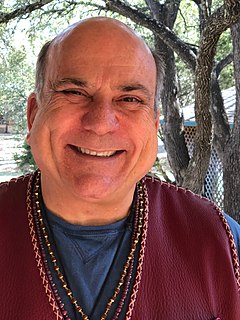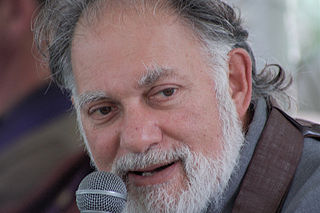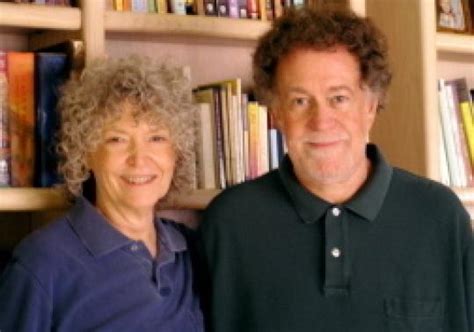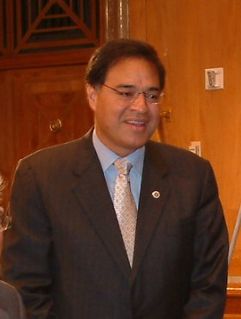A Quote by Tony Robbins
The principles of Nonviolent Communication taught by Dr. Rosenberg are instrumental in creating an extraordinary and fulfilling quality of life. His compassionate and inspiring message cuts right to the heart of successful communication.
Related Quotes
As far as nonviolence and Spiritual Activism, Marshall Rosenberg is it! Nonviolent Communication: A Language of Life, is essential reading for anyone who wants to improve their communication skills. Applying the concepts within the book will help guide the reader towards a more loving, compassionate, and nonviolent way of understanding and functioning with others, and foster more compassion in the world. I highly recommend this book.
I believe the principles and techniques in this book, Nonviolent Communication: A Language of Life, can literally change the world, but more importantly, they can change the quality of your life with your spouse, your children, your neighbors, your co-workers and everyone else you interact with. I cannot recommend it highly enough.
A second person that's come to my life very recently, and I'm thankful for it, is Marshall Rosenberg, the founder of the Nonviolent Communication Organization. He has all these books about how we can use our language nonviolently to help create peace. He's using a lot of Buddhism too, but he's helping me to think about language.
The extraordinary language of Nonviolent Communication is changing how parents relate to children, teachers to students, and how we all related to each other and even to ourselves. It is precise, disciplined, and enormously compassionate. Most important, once we study NVC we can't ignore the potential for transformation that lies in any difficult relationship - if we only bother to communicate with skill and empathy.
We think of communication as words. But a screaming child is trying to say something. A tantrum carries a message. Hitting is communication. Sleep patterns carry a message. Even the sulky belligerence of a teen is an attempt to convey a message. Everything the child does says something to the person who is willing to take the time to listen carefully.
Schools in which students and teachers relate as partners-where Rosenberg's Nonviolent Communication is part of every interaction are communities of learning, rather than top-down, impersonal factories. Young people begin to see school as a safe and exciting place of exploration where they can share feelings and ideas, and where each child is recognized, valued and nurtured.
Many books on communication are strong on theory but impractical on application. Marshall Rosenberg's instant classic is the stand-out exception. It is clear and compelling in its logic and flat-out inspiring in its inviting exposition of usable techniques and strategies. If this book is read by enough people, the world will transform.

































